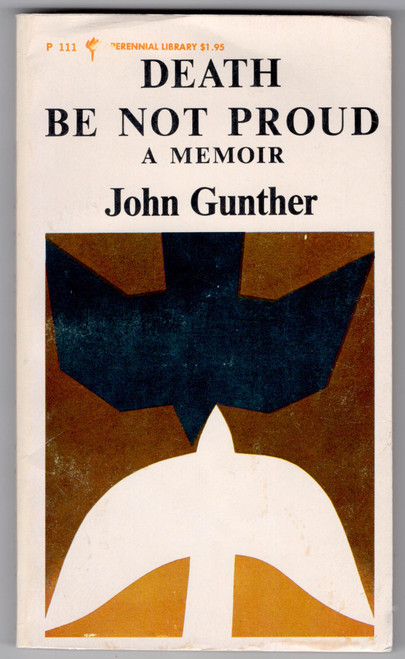Winner of the Pulitzer prize in 1974 and the culmination of a life's work, The Denial of Death is Ernest Becker's brilliant and impassioned answer to the "why" of human existence. In bold contrast to the predominant Freudian school of thought, Becker tackles the problem of the vital lie -- man's refusal to acknowledge his own mortality. In doing so, he sheds new light on the nature of humanity and issues a call to life and its living that still resonates more than twenty years after its writing.
Editorial Reviews
"It puts together what others have torn to pieces and rendered useless. It is one of those rare masterpieces that will stimulate your thoughts, your intellectual curiosity, and last but not least, your soul." --Elizabeth Kubler-Ross, M.D. Author of On Death And Dying
"[A] brave work of electrifying intelligence and passion, optimistic and revolutionary, destined to endure." --New York Times Book Review
"[T]o read it is to know the delight inherent in the unfolding of a mind grasping at new possibilities and forming a new synthesis. The Denial of Death is a great book -- one of the few great books of the 20th or any other century." --Albuquerque Journal Book Review
"It is hard to overestimate the importance of this book; Becker succeeds brilliantly in what he sets out to do, and the effort was necessary." --The Chicago Sun-Times
About the Author
After receiving a Ph.D. in Cultural Anthropology from Syracuse University, Dr. Ernest Becker (1924-1974) taught at the University of California at Berkeley, San Francisco State College, and Simon Fraser University, Canada. He is survived by his wife, Marie, and a foundation that bears his name — The Ernest Becker Foundation.







